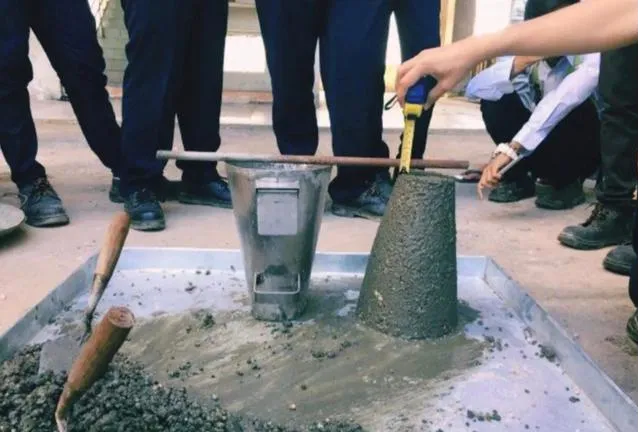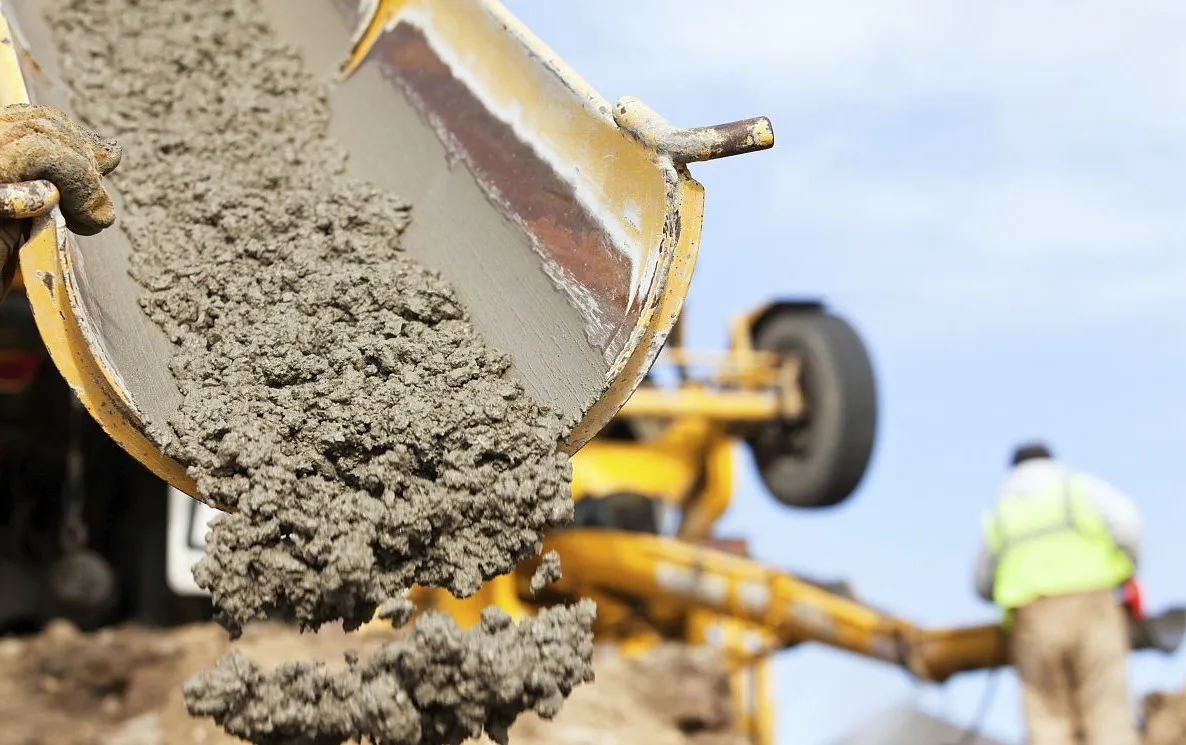
The Key to Improving Concrete Performance: Types and Functions of Water-Reducing Agents
In the world of modern construction, concrete needs to be strong, workable, and durable. To achieve this, one essential component is the use of water reducing admixtures.

Overview of Water Reducing Admixture Types and Functions
These chemical additives improve concrete workability while reducing the water content, leading to increased strength, improved setting time, and enhanced durability.
There are several water reducing admixture types, generally classified based on the degree of water reduction they provide:
Normal water reducers – Reduce water by 5–10%, typically lignosulfonate-based.
Mid range concrete additive – Offers 6–12% water reduction, improving workability and surface finish without compromising setting time.
High performance water reducer – Also called superplasticizers, reduce water by up to 30%, ideal for high-strength and self-compacting concrete.
Among these, the most innovative are based on polycarboxylic ether polymer, offering powerful dispersion, long slump retention, and compatibility with blended cements. These modern admixtures are often referred to as PCE plasticizer or polycarboxylate concrete admixture.

The Role of Concrete Water Reducer Technologies in High-Performance Mixes
The main function of a concrete water reducer is to improve concrete flowability without the need for extra water. This enhances hydration, minimizes shrinkage, and increases strength at all ages. These admixtures are crucial for demanding construction applications such as high-rise buildings, precast elements, tunnels, and infrastructure projects.
The water reducer admixture in concrete disperses cement particles more efficiently, breaking up agglomerations and releasing trapped water. This is especially important when working with low water-cement ratio concrete.
A standout example of modern admixture chemistry is the polycarboxylate concrete admixture, formulated from polycarboxylic ether polymer. It provides a high-performance solution with a low dosage, good slump retention, and minimal side effects like air entrainment or delayed setting. Its wide applicability makes it the first choice for ready-mix, precast, and infrastructure concrete.
Some practical examples of water reducing admixtures in modern use include:
Mid range concrete additive for general-purpose commercial projects
High performance water reducer for SCC and high-strength concrete
Polycarboxylate concrete admixture for high-rise pumping
PCE plasticizer in precast plants to reduce cycle time
Traditional lignosulfonate for cost-effective solutions in low-strength mixes
Selecting the Right Admixture and Understanding the Polycarboxylate Ether Superplasticizer Price
Choosing the correct water reducer depends on several factors: desired strength, setting time, placement method, climate, and material compatibility. For example, in hot climates or large pours, a mid range concrete additive may offer the best balance of performance and cost.
When performance is a priority, the PCE family offers unmatched benefits. A high performance water reducer based on polycarboxylic ether polymer delivers excellent slump retention, high early strength, and low shrinkage.
However, when considering procurement, it's essential to evaluate the polycarboxylate ether superplasticizer price. This price varies depending on:
Solids content (typically 40–50%)
Form (powder vs. liquid)
Purity of PCE plasticizer
Origin (local supplier vs. imported product)
Technical support and after-sales service
While polycarboxylates may cost more per kilogram compared to older products, their lower dosage and higher efficiency often result in a lower total cost per cubic meter of concrete.
Frequently Asked Questions (FAQs) About Water Reducing Admixtures
1. What are the main water reducing admixture types used in construction?
The main water reducing admixture types include normal water reducers, mid range concrete additive, และ high performance water reducer. Selection depends on project requirements like workability, strength, and setting time.
2. What is a PCE plasticizer and why is it popular?
A PCE plasticizer is a high-efficiency superplasticizer derived from polycarboxylic ether polymer. It offers excellent dispersion, long workability retention, and is widely used in high-performance and precast concrete.
3. How does a polycarboxylate concrete admixture work in concrete?
Polycarboxylate concrete admixture disperses cement particles, reducing water demand and improving workability. It allows for high-strength, self-compacting, or fast-forming concrete with less shrinkage.
4. What factors affect the polycarboxylate ether superplasticizer price?
The polycarboxylate ether superplasticizer price depends on formulation quality, solid content, brand, origin, and volume. Although it’s more expensive than traditional types, its low dosage makes it cost-effective.
5. Can you give some real-world examples of water reducing admixtures?
Yes. Examples of water reducing admixtures include PCE-based admixtures for high-rise projects, lignosulfonates in mass concrete, and mid range concrete additive for floor slabs and roadwork.
-
Understanding Redispersible Polymer Powder: Types, Market Trends, and Manufacturer InsightsNewsJun.27,2025
-
Redispersible Polymer Powder Types, Applications and Market TrendsNewsJun.27,2025
-
Polyvinyl Alcohol in Construction: Properties, Usage, and Industry TrendsNewsJun.27,2025
-
Modified Starches in Cosmetics, Food, and Medicine: A Spotlight on Hydroxypropyl and Hydroxyethyl DerivativesNewsJun.27,2025
-
Gypsum Retarder Chemicals: Extending Working Time for Professional ResultsNewsJun.27,2025
-
Uses Properties, and Market Insights for Construction and Industrial ApplicationsNewsJun.26,2025





















